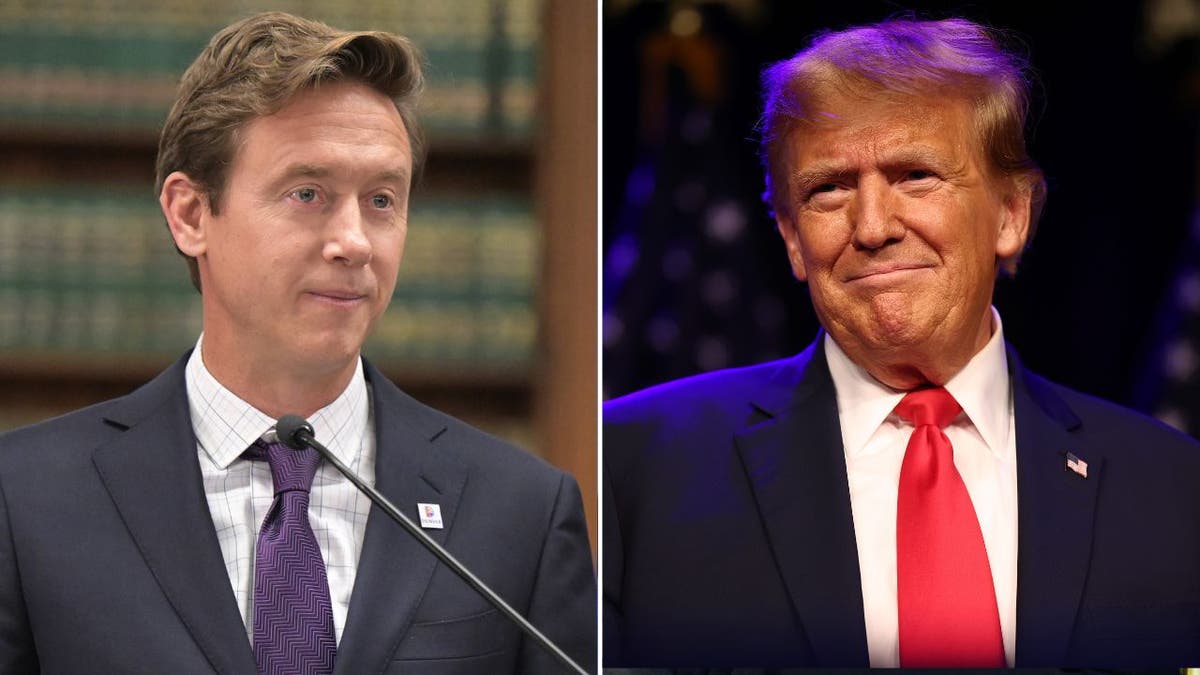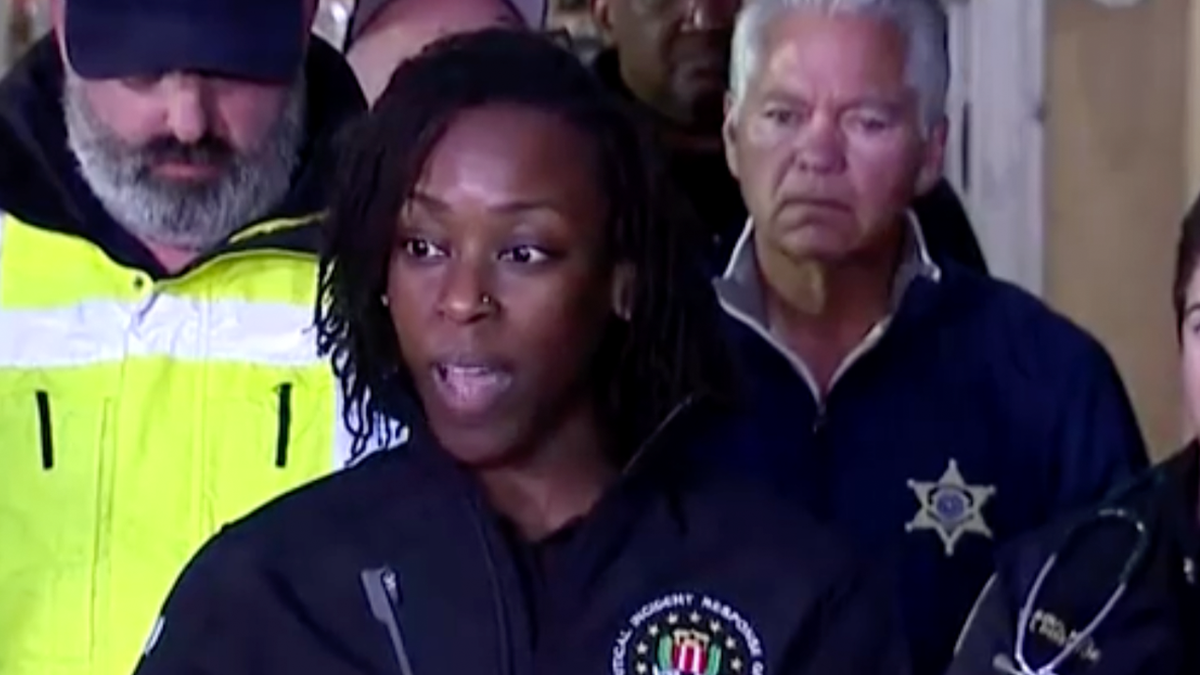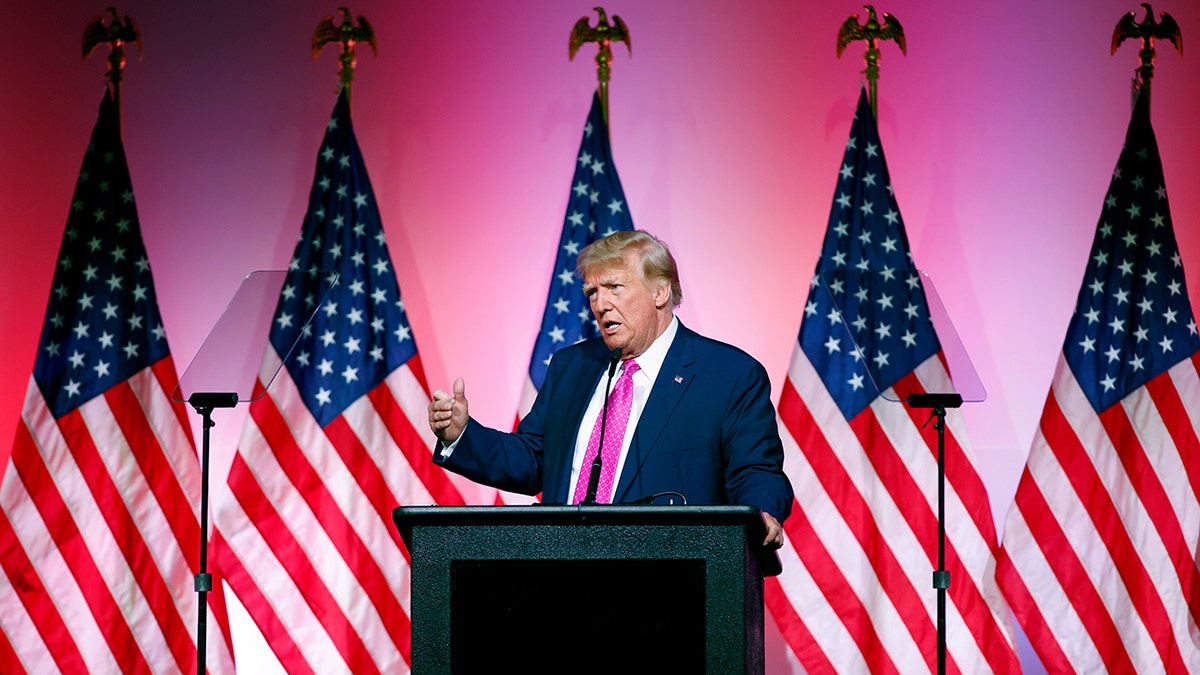Recent elections reveal a potential shift in the political landscape of traditionally Democratic cities. Mayors are facing increasing pressure to address issues like crime and immigration, and their responses are having significant electoral consequences. The conventional wisdom that simply opposing former President Trump was enough to secure re-election seems to be fading, as voters prioritize tangible improvements in their communities.
The recent mayoral elections in San Francisco and Oakland saw the ousting of incumbent Democrats, suggesting a growing dissatisfaction with the status quo. In San Francisco, outgoing Mayor London Breed's loss highlights the impact of rising crime and other quality-of-life concerns. Similarly, Oakland Mayor Sheng Thao's defeat reflects voter frustration with persistent crime rates. These outcomes indicate that even in traditionally liberal strongholds, voters are increasingly holding their elected officials accountable for addressing these pressing issues.

Denver Mayor Mike Johnston's initial strong stance against former President Trump's immigration policies, followed by a subsequent softening of his rhetoric, underscores the complex political calculus surrounding this issue. While Johnston's initial comments drew attention, his later backtracking suggests an awareness of the potential electoral risks associated with extreme positions. The situation in Denver, with its influx of migrants and associated costs, mirrors the challenges faced by other cities grappling with similar demographic shifts. The strain on resources and the impact on public safety are becoming key factors influencing voter sentiment.

The example of Aurora, Colorado, where illegal immigrant gangs have reportedly taken control of apartment complexes, further illustrates the connection between immigration and public safety concerns. This situation, highlighted during the previous election cycle, resonated with voters who are increasingly worried about the impact of unchecked immigration on their communities. The debate over how to address these issues while balancing humanitarian concerns remains a central point of contention in American politics.
The experiences of these cities suggest a broader trend: voters are increasingly prioritizing practical solutions to crime and immigration challenges over ideological posturing. Democratic mayors who fail to recognize this shift risk facing similar electoral consequences. The public's desire for safe and thriving communities is transcending traditional political divides and reshaping the political landscape.








